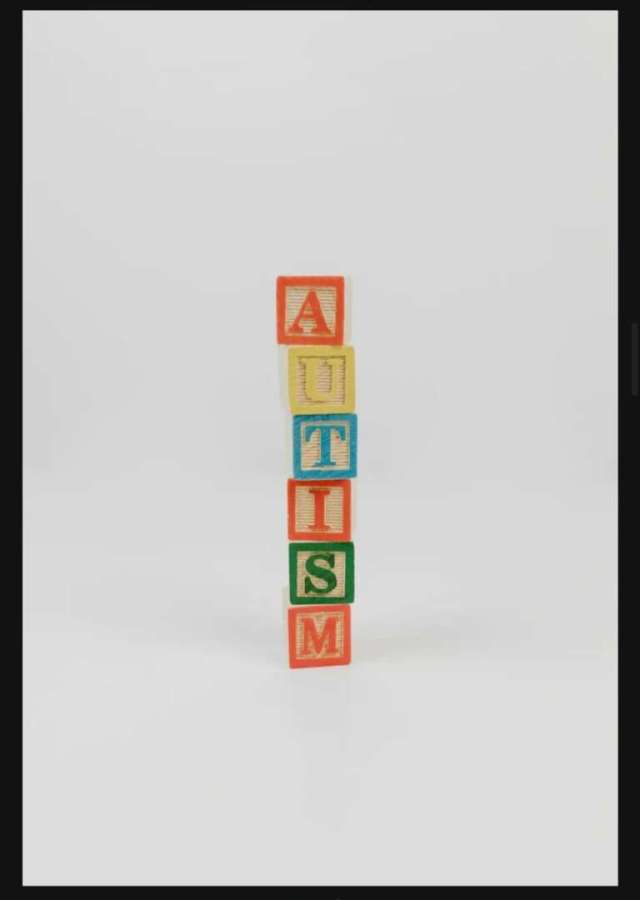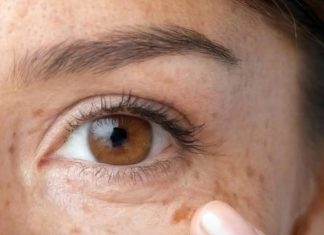The Intriguing Connection Between Gut Bacteria and Autism: Emerging Research Insights
In recent years, an increasing body of research has illuminated the profound connection between the bacteria residing in our gastrointestinal tract and our overall well-being. This emerging field of study, often referred to as the gut-brain axis, highlights how gut microbiota can influence not only physical health but also psychological and neurological conditions. The implications of this research are vast, particularly as we explore the potential links between gut bacteria and various developmental disorders, including autism spectrum disorders (ASD).

Understanding Autism Spectrum Disorder
According to the World Health Organization (WHO), autism spectrum disorder encompasses a range of complex neurodevelopmental conditions characterized primarily by challenges in social interaction, communication, and repetitive behaviors. Individuals with autism may also experience a variety of co-occurring conditions such as epilepsy, anxiety disorders, and sleep disturbances. The spectrum nature of autism means that symptoms can manifest differently from one individual to another, leading to a unique blend of strengths and challenges. Research suggests that one in 54 children is diagnosed with ASD, highlighting the urgency for deeper understanding and intervention.

The Role of Gut Microbiota in Brain Development
A recent study published in The Journal of Immunology has provided new insights into the potential role of gut bacteria in the development of autism. Researchers have posited that the gut microbiota of a mother during pregnancy may significantly influence the likelihood of her child developing autism, possibly more so than the child’s own gut microbiota. This revelation underscores the importance of maternal health and gut health, suggesting that interventions during pregnancy might impact not only the mother’s health but also the developmental trajectory of the child. Furthermore, studies have indicated that factors such as diet, antibiotic use, and environmental exposures may alter the maternal gut microbiome during pregnancy, making it an area ripe for exploration.

The Mechanism: IL-17a and Its Significance
One pivotal finding from the study revolves around a specific immune molecule known as interleukin-17a (IL-17a). This cytokine plays a crucial role in mediating immune responses and has been implicated in various autoimmune diseases. However, what is particularly intriguing is its involvement in fetal brain development. Research led by John Lukens, a PhD student at the University of Virginia School of Medicine, suggests that the presence of IL-17a may be linked to how a child’s brain develops in utero. The study’s authors hypothesize that the maternal immune system and its interactions with gut bacteria can create an environment that either mitigates or exacerbates the risk of autism in the developing fetus.
Experimental Insights: Mice Studies and Implications
In a controlled study involving mice, researchers manipulated the gut bacteria composition to observe the effects on brain development and behavior. Two distinct groups of mice were established: one group possessed gut bacteria that triggered a robust immune response involving IL-17a, while the other did not. Initially, when the researchers blocked IL-17a in the offspring of both groups, normal behavioral patterns emerged. However, when the treatment was withdrawn, the offspring from the IL-17a-active group began exhibiting behaviors akin to autism, such as repetitive actions and social withdrawal. Such findings not only indicate a potential causative pathway but also raise questions about how early interventions might alter these trajectories.
Fecal Transplantation and Behavioral Changes
In a subsequent phase of the study, fecal matter from the first group of mice—that demonstrated IL-17a activity—was transplanted into the second group. This transfer of gut bacteria resulted in similar autism-like behaviors in the second group, reinforcing the hypothesis that inflammation caused by specific gut bacteria can have significant implications on brain function and behavior. This experimental evidence is particularly compelling, as it suggests that gut microbiota may not just influence physical health but can also play a role in shaping cognitive and emotional outcomes.
Next Steps in Research: Exploring Maternal Gut Health
While the findings from this study are groundbreaking, it is essential to recognize that they were conducted in mice, and further research in humans is crucial. John Lukens emphasized the importance of identifying specific characteristics of gut bacteria in pregnant women that are linked to autism risk. This presents a fascinating avenue for future investigations that could lead to potential interventions that support maternal gut health during pregnancy, with the aim of promoting optimal brain development in children. Moreover, researchers are now considering the implications of dietary interventions, probiotics, and prebiotics as possible ways to positively influence maternal and infant gut health.
The Cautionary Tale: Balancing Immune Response During Pregnancy
While the prospect of manipulating IL-17a to mitigate autism risk is compelling, it is not without its risks. Pregnancy is a delicate balance, as the mother’s immune system must accommodate the developing fetus, which can be viewed as foreign tissue. Consequently, any intervention that alters immune response requires careful consideration and extensive research to ensure the safety of both mother and child. Lukens aptly noted that IL-17a is just one component of a much larger and complex immune system that warrants further exploration. This emphasizes the necessity for a comprehensive understanding of the interactions between the immune system, gut microbiota, and fetal development.
Conclusion: A Promising Frontier in Autism Research
The burgeoning research linking gut bacteria to autism offers a promising frontier in understanding this complex condition. As our knowledge expands, there may be potential for developing preventative strategies that prioritize maternal health and, consequently, the health of future generations. Continued investigations will be vital in unraveling the intricate connections within the gut-brain axis and their implications for mental health and developmental disorders. As the scientific community continues to explore these connections, the hope is that through this research, effective interventions and treatment modalities can be developed to support individuals with autism and their families.

















